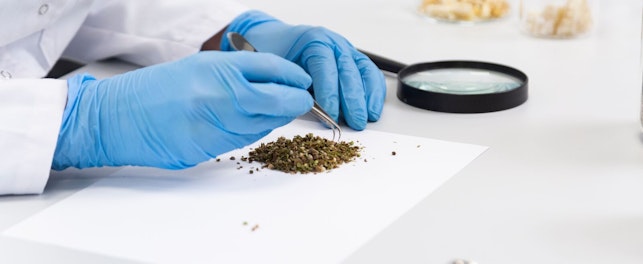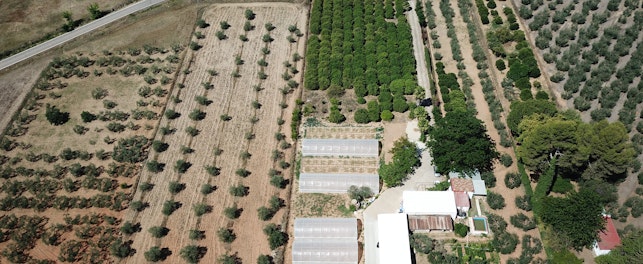In a move long awaited by the biocontrol industry, the EU has made several key amendments to regulations surrounding plant protection products. The amendments, passed in November 2022, clarify the distinction between chemical and microbial products, simplifying the commercialization of many biocontrol products.
Commission Regulation (EU) 2022/1438 (amending Annex II to Regulation (EC) No 1107/2009) specifies the relevant information required to characterize a microbial pesticide, while Commission Regulation (EU) 2022/1439 (amending Regulation (EU) No 283/2013) mandates that at least five representative batches from recent and current production of the microorganism must be analyzed.
To meet the new demands, we have established a GLP five-batch analysis process. The analysis is available in our dedicated microbial pesticide and microbial biostimulant lab located in Hamburg, Germany.
We have validated or verified all analysis methods for the active ingredient, potential microbial contaminants, metabolites of concern and potential toxic impurities. The potential contaminants were selected according to SANCO/12116/2012 and include Escherichia coli, Salmonella spp., Staphylococcus aureus and multiple fungal contaminants.
In addition, we have adapted and established methods for further microbial contaminants, including aerobic and anaerobic mesophilic microorganisms, Shigella spp., Enterococcus spp., Pseudomonas aeruginosa and Listeria monocytogenes.
For microbial characterization, the lab offers identification using biochemical, Maldi-TOF or molecular methods down to strain level. Microbial metabolites of concern or toxic impurities are analyzed using chromatographic systems by the on-site GLP residue team.
The Hamburg site has a wide range of expertise in microbial analysis, as it routinely performs food, cosmetics, pharmaceutical and water analysis.
Now, with the inclusion of five-batch analysis, the SGS Hamburg laboratory provides turnkey services for the microbial pesticide and biostimulant industry including:
- Identity and content of active ingredient
- Identity and content of microbial contaminants
- Method development/validation
- Identity and content of relevant metabolites (e.g. toxins)
- Storage stability/shelf life
- Susceptibility testing against antibiotics and other antimicrobial agents
- Microbial compatibility testing with chemicals
The new SGS service further expands the capabilities of SGS’s crop science division, including testing in field trials across Europe or under protected conditions in growth chambers and R&D greenhouses, and seed treatment/germination studies.
Whatever your testing requirements, SGS is your partner for biopesticide regulatory and R&D studies. For further information, please contact:
Dr. Katrin Grage
Scientist, GLP Study Director
SGS Germany GmbH Health & Nutrition
t.: +49 40 88309-860
Dr. Inga-Mareike Bach
Business Development Manager
SGS Institut Fresenius GmbH Health & Nutrition
t: +49 6128 744-569
Helpline Number
SGS House 4B, Adi Shankaracharya Marg, Vikhroli (West),
Mumbai, Maharashtra, 400 083,
India



